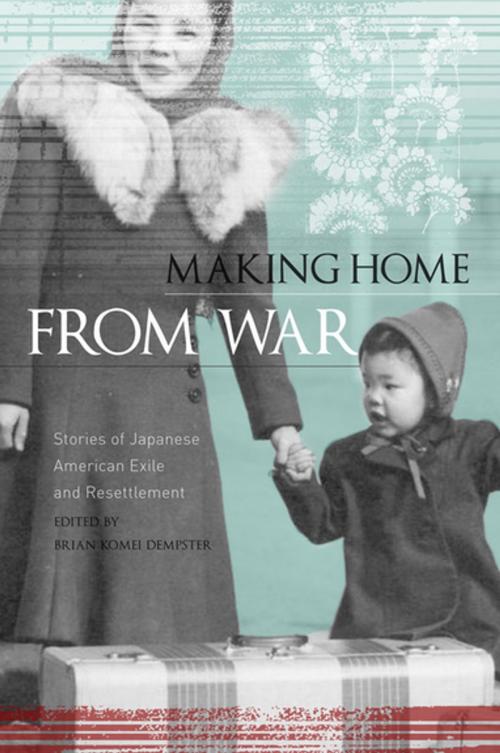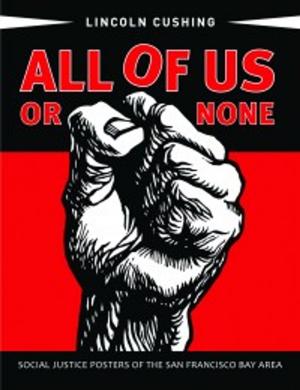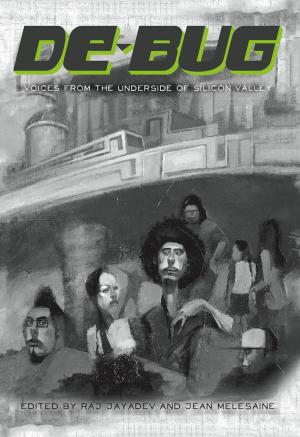| Author: | ISBN: | 9781597142793 | |
| Publisher: | Heyday | Publication: | July 15, 2013 |
| Imprint: | Heyday | Language: | English |
| Author: | |
| ISBN: | 9781597142793 |
| Publisher: | Heyday |
| Publication: | July 15, 2013 |
| Imprint: | Heyday |
| Language: | English |
Many books have chronicled the experience of Japanese Americans in the early days of World War II, when over 120,000 persons of Japanese ancestry, two-thirds of whom were American citizens, were taken from their homes along the West Coast and imprisoned in concentration camps. When they were finally allowed to leave, a new challenge faced them—how do you resume a life so interrupted?
For most, going home meant learning to live in a hostile, racist environment. Some returned to find they had lost their homes and had little choice but to bide their time in transitional housing, including community halls, churches, housing projects, and tent camps. Their employment options were also limited; they often worked as domestics, dishwashers, and field laborers to help support their families. The effects of these experiences reverberate to this day, and Making Home from War reaches into the past, melds together what was once hidden, and tells the often neglected or hushed story of what happened after the war.
With honesty and an eye for detail, Making Home from War is the long-awaited sequel to the award-winning From Our Side of the Fence. Written by twelve Japanese American elders who gathered regularly at the Japanese Cultural and Community Center of Northern California, Making Home from War is a collection of stories about their exodus from concentration camps into a world that in a few short years had drastically changed. In order to survive, they found the resilience they needed in the form of community, and gathered reserves of strength from family and friends. Through a spectrum of conflicting and rich emotions, Making Home from War demonstrates the depth of human resolve and faith during a time of devastating upheaval.
Many books have chronicled the experience of Japanese Americans in the early days of World War II, when over 120,000 persons of Japanese ancestry, two-thirds of whom were American citizens, were taken from their homes along the West Coast and imprisoned in concentration camps. When they were finally allowed to leave, a new challenge faced them—how do you resume a life so interrupted?
For most, going home meant learning to live in a hostile, racist environment. Some returned to find they had lost their homes and had little choice but to bide their time in transitional housing, including community halls, churches, housing projects, and tent camps. Their employment options were also limited; they often worked as domestics, dishwashers, and field laborers to help support their families. The effects of these experiences reverberate to this day, and Making Home from War reaches into the past, melds together what was once hidden, and tells the often neglected or hushed story of what happened after the war.
With honesty and an eye for detail, Making Home from War is the long-awaited sequel to the award-winning From Our Side of the Fence. Written by twelve Japanese American elders who gathered regularly at the Japanese Cultural and Community Center of Northern California, Making Home from War is a collection of stories about their exodus from concentration camps into a world that in a few short years had drastically changed. In order to survive, they found the resilience they needed in the form of community, and gathered reserves of strength from family and friends. Through a spectrum of conflicting and rich emotions, Making Home from War demonstrates the depth of human resolve and faith during a time of devastating upheaval.















